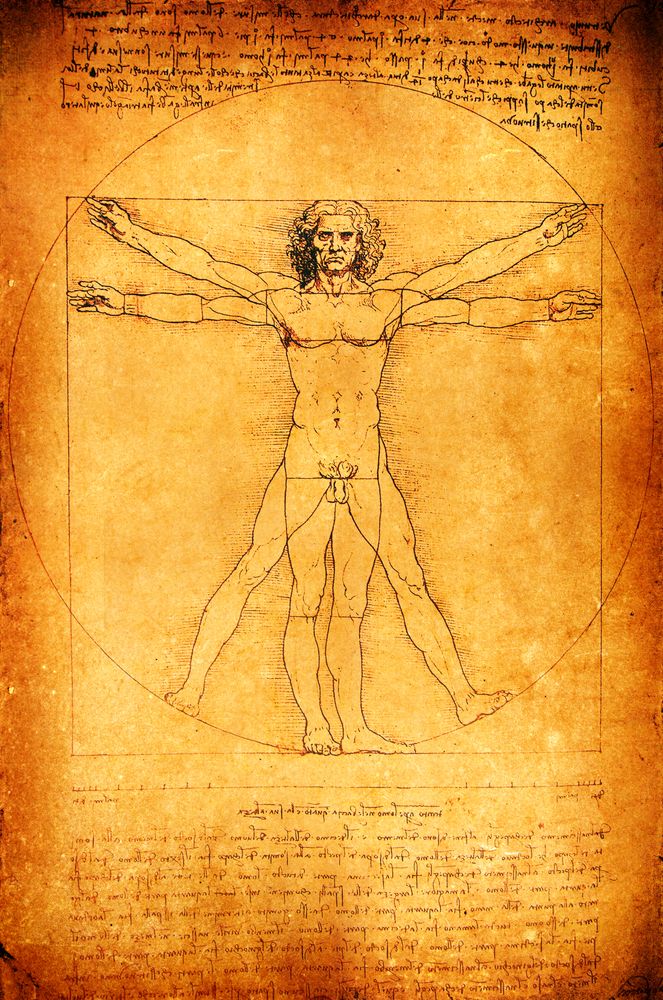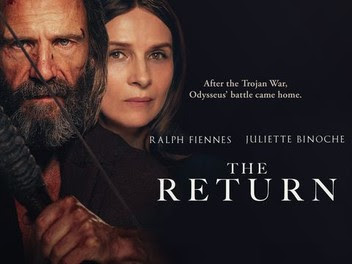 |
| My much missed but now defunct Jaguar |
There is a reason broadcasts of football matches on Sky are sponsored by car companies. They know that the games are watched by men so they target their advertising at them. Of course, women are not forbidden from turning on the television if a football game is being broadcast, just as men are not obliged to. Some men are not interested in football while some women are. Advertisers aim at broad markets and they assume that it is mostly men who watch games.
As I have always said, there is a difference between a generalisation and an assumption. The title of this post is a generalisation but it is accurate enough to provide the advertising exec with a fair assumption that the audience for a football game will be mostly male. In the same way, golf games broadcast on tv are where conservative advertising is most often seen. The audience is successful and skews to conservatism, so the advertising follows.
Advertisers probably spend a lot of time and research finding out about these audience make-ups and figure that, although it is not against the law for golf lovers to be socialist or otherwise left-wing, it is fairly unlikely so they can concentrate certain types of advertising at them in the hope that they will find a receptive audience. I do not pretend to be an expert on the advertising business but certain things are obvious.
In the same way, nothing obliges the male part of the human species to be prouder of their cars than their homes, but they usually are. Men are built for movement, while women are nest-builders. This is a ‘by and large’ observation. I am probably slightly untypical because I am writing this under a ceiling that is going to be prepared (soon I hope) in a house that has frankly been more important to me than any car I have owned.
I no longer own one but share a car with my partner, who uses it almost every day when she is not working while I am happy enough using public transport to get around. I still remember when my last car died, however. It was on Christmas day and we were in Ireland where Leena had been doing a bit of nest-building. We had visited friends and I – wrongly, as it turned out – assumed that the puddles we were driving through would not cripple it.
To cut a long story short, the racing green Jaguar (of which I was very proud) drove into a deeper puddle than we had previously encountered and I soon had to say, ‘Goodbye, Jag’. I have not owned another car since that Christmas Day and, although I miss the Jaguar, I have managed fine since then. The taxi drivers hate him but our mayor in London is encouraging the use of public transport and bicycles to get around.
I have noticed the younger generation is more concerned with getting a mortgage than a car these days and often do not even bother to learn to drive until that is sorted. I have a niece who is learning to drive but is not bothered with learning to do so in a manual car and is quite happy to do so in an automatic, even if it gives her a restricted licence. Her reckoning is that most cars these days are autos so why bother with a licence for a manual change car?
In the USA, they do not even have a distinction between licences as most cars are autos and ‘stick shift’ cars are in the minority. Those who want to drive ‘stick’ have to learn how to do so and are not tested on their competence. You hear horror stories about Americans, used to autos at home, who cannot adjust to driving manuals. Personally, I always liked driving a car with a gearstick but drive an auto now without complaint.
It gives me an illusion of control, and makes me feel that I am more in charge of the car than it is of me. Women probably do not bother with such considerations and happily drive automatics if they are available. Yet, they are less likely to tolerate a badly maintained house than they are a car. It is a rite of passage to own your own home that usually comes after marriage.
That is another thing. A man is often expected to provide for his wife and this will often mean buying a house which she will turn into a home. In these days of increasing divorce, a man may move out of this home if the marriage ends (as I had to do). He may end up in a flat with a car, the car taking up a large part of his income while the former wife and children stay in the house. The man is still expected to move out, even if he did not desire a break-up.
This has always seemed unjust to me. Another thing I say is that there are basically only three things you can give your children. These are time, money and love. Love – we take that for granted. Money – well. That is what the CSA was set up to supervise. What people forget about is time spent with your children. In many ways, this is the most important thing. Like it or not kids judge their parents on how much time they spend with them.
All too often a disappearing dad rides off into the sunset and does not see his children again. This admittedly happens less often these days but it still happens too much for comfort. Virtually any child will tell you that, even if they are not together, they would like to have a relationship with both parents. They may also want the couple to bury their differences and stay together - but that is another story.
We are getting worse at marriage but better at divorce these days. (We have had plenty of practice.) Yet, the man is still expected to move out and the children to stay with their mother. This may be the result of previous arrangements but it probably reflects a deeper habit in which men tend to move, while women stay still. Even if they have not ended the relationship, men are expected to move on and out when it does so.
That does not alter the fundamental truth in our society – houses start increasing in price as soon as you get the keys to the front door. Cars, on the other hand, tend to go down in value once you get your hands on the keys. That, curiously, does not affect how much men love their cars. No matter how smart they are with money, a good car is somehow seen as the mark of a successful man.
My other blog is diaryofatouristguide.blogspot.com
Edwin Lerner









